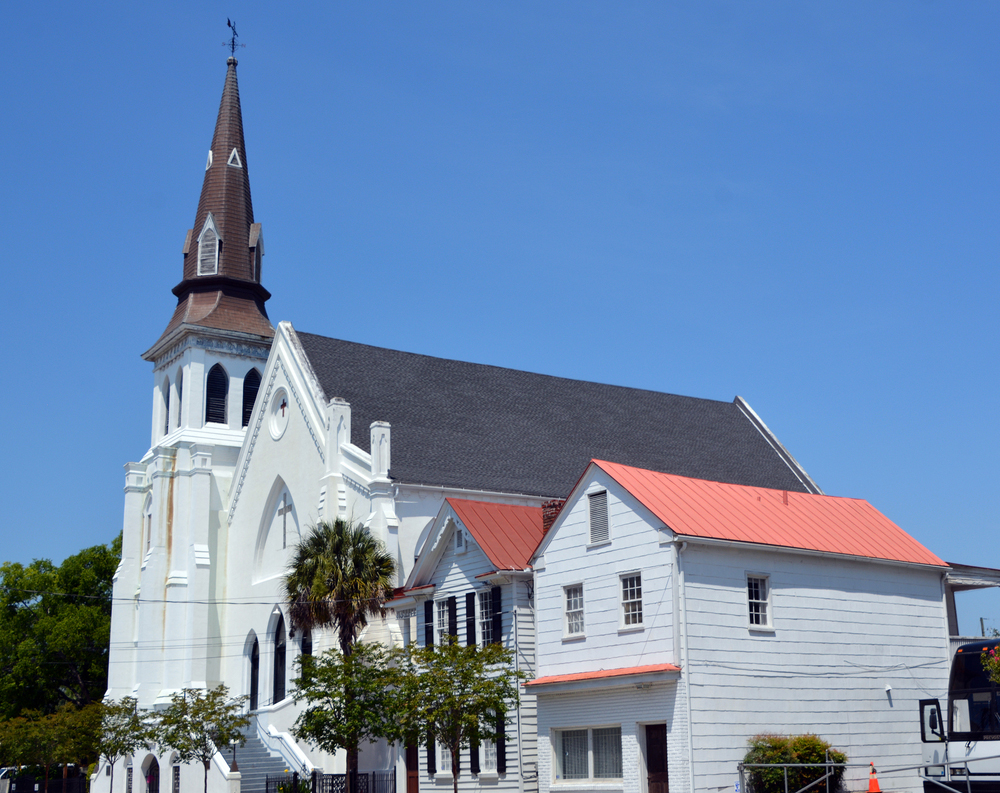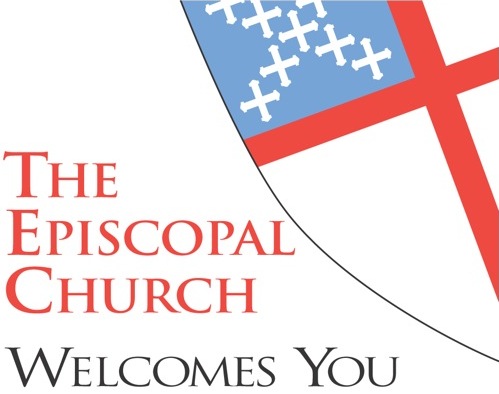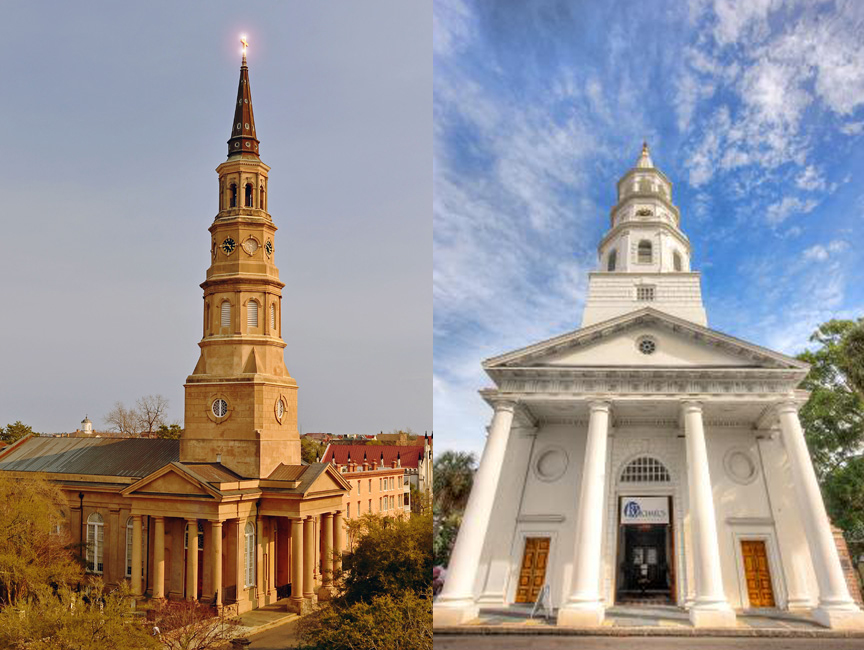Real estate related issues should be kept to a minimum

My husband and I just returned from the 2023 annual meeting of the South Carolina United Methodist conference. We attended as lay members from our church, but my eyes and ears were open, as always, for real estate issues.
Dirt lawyers in South Carolina witnessed the real estate issues raised by the schism in the Episcopal Church several years ago. We made lists of church properties that could be sold or mortgaged without the involvement of any entity beyond the local congregation. We made lists of properties involved in a hierarchical church structure requiring agreements and signatures of persons in distant locations. We advised real estate practitioners to work in close connection with underwriting counsel of the title insurance companies to avoid title issues.
I have no inside information on this matter, but my guess is that the Methodists were able to learn from the Episcopalians and managed to avoid the extensive litigation involved in that earlier schism.
United Methodist churches exist under a hierarchical structure. Anyone who has handled a closing involving a United Methodist property has learned that the District Superintendent must be involved in closing documents. The church properties are, in effect, owned by the conference.
When issues began to arise about LGBT members and pastors and it became apparent that there would be a separation of congregations, South Carolina’s Bishop and the administrators surrounding him negotiated with the churches who desired to leave the conference. After months of talks, the parties agreed to a payout that would free the real estate of the local church from the involvement of the conference.
Churches who wanted to leave the conference were required to pay ten percent of the value of their real properties and other assets. They were also required to pay some funds related to pastor pensions and some funds related to “apportionments” (the money paid to the conference to support the work of the conference as opposed to the work of the local congregation.)
Prior to the meetings this week, we had heard that several churches decided to leave the conference. But we were surprised to learn that there are, in fact, 113 churches who made arrangements with the conference to separate from United Methodism. On the last day of the meetings, we were asked to vote to approve the separation. Thankfully, the meeting, although very sad, was handled in a respectful manner. We witnessed an amicable divorce.
If you are asked to handle any transaction involving a church that is or formerly was a United Methodist congregation, you should, of course, investigate the title issues as usual. You should involve the friendly underwriting counsel from your title insurance company. But, after these appropriate investigations, you should learn that there are no title issues arising from the involvement of the conference.
Never say never, though. I wouldn’t be shocked to learn that some of the 113 church congregations failed to tie up all the details of the separation. So be even more diligent than usual in examining the authority documents of the church. I assume that real estate practitioners will see numerous transactions as these churches, now separated from the administrative arm that supported them and having paid out substantial funds for the separation, will need real estate loans.




